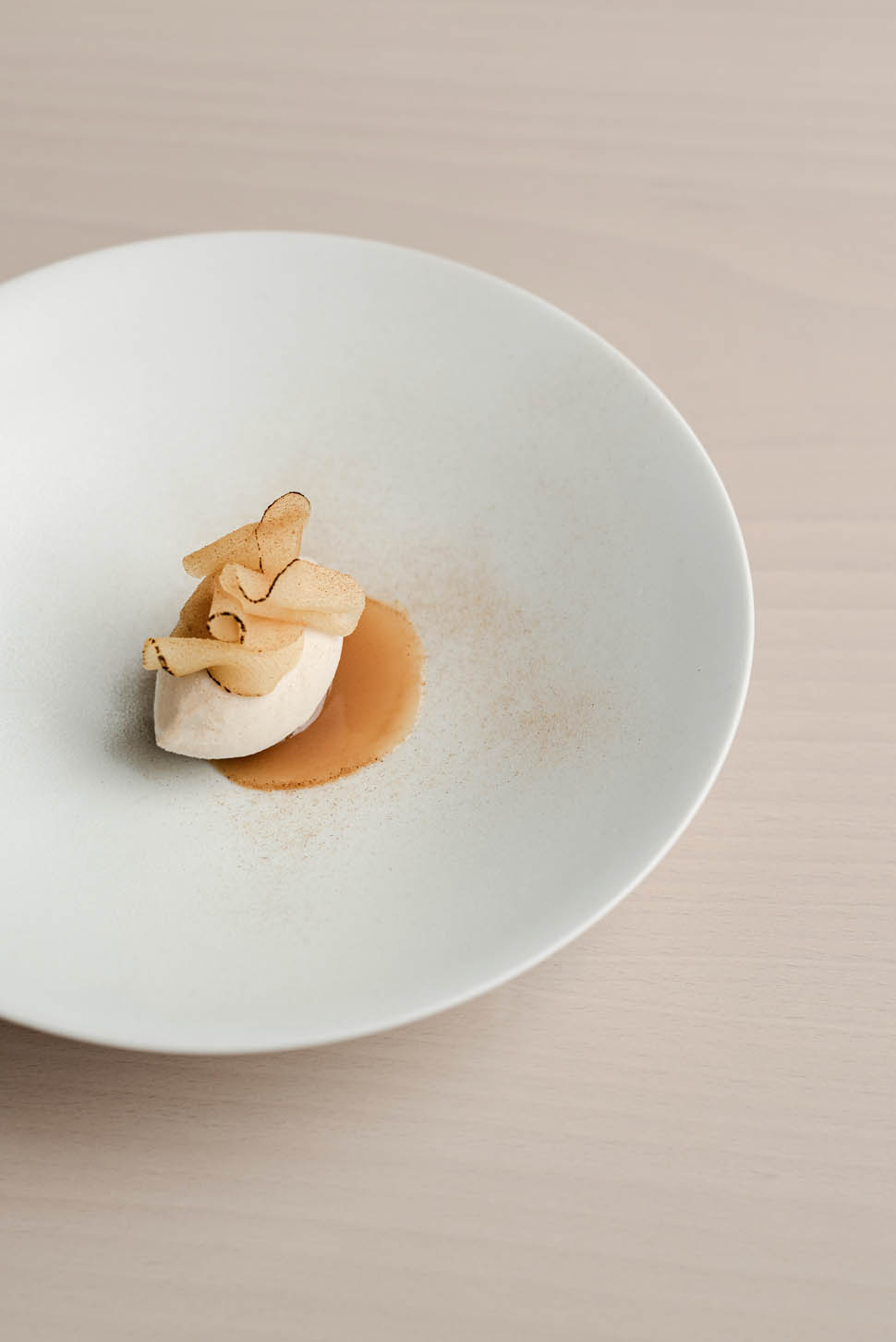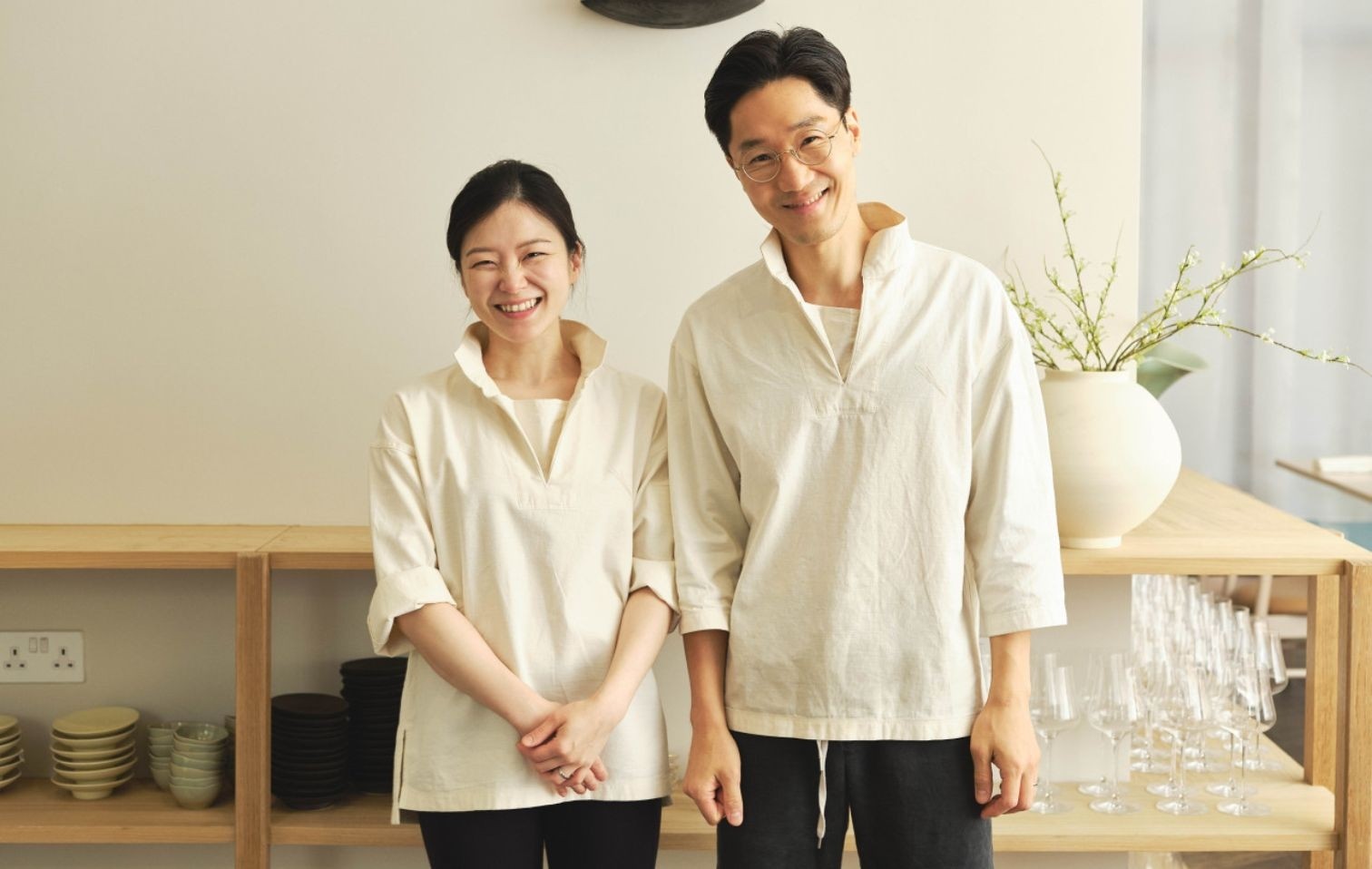Korean origins, French training and a culinary vision open to cultural influences: how the two chefs Woongchul Park and Bomee Ki created one of the most interesting restaurants on the London scene.
Sollip, one of the most interesting restaurants on the London scene
London is a city that can realistically lay claim to being one of the cultural capitals of the world. Since Brexit, the UK has wrestled with its own identity and place in the world, while its capital boldly and stridently marches towards its multicultural destiny, a place where all cultures can find their place side by side. What attracts people to London and its international dynamism is its sheer size, but also the unrelenting energy that comes with a constantly shifting and moving cultural landscape.
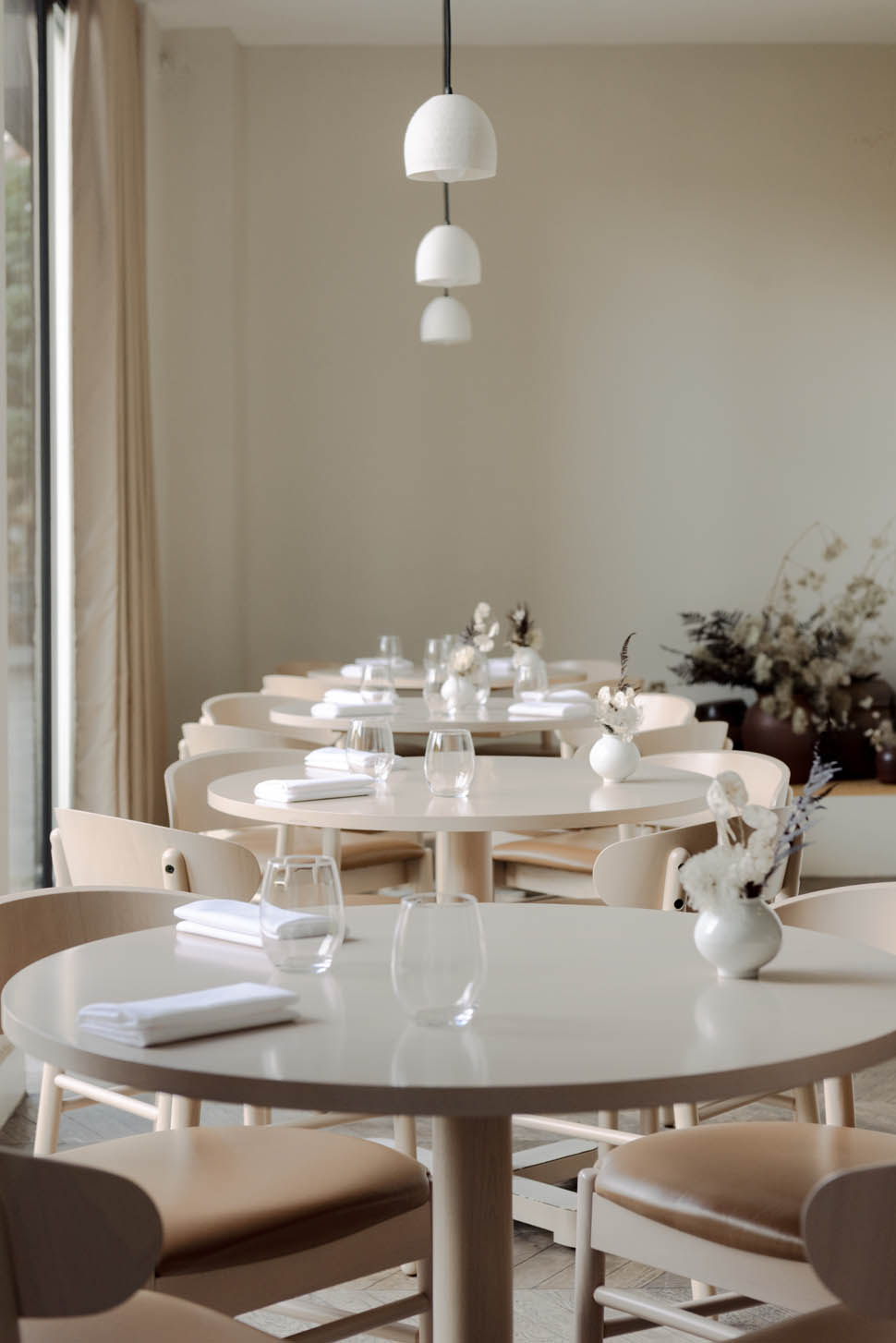
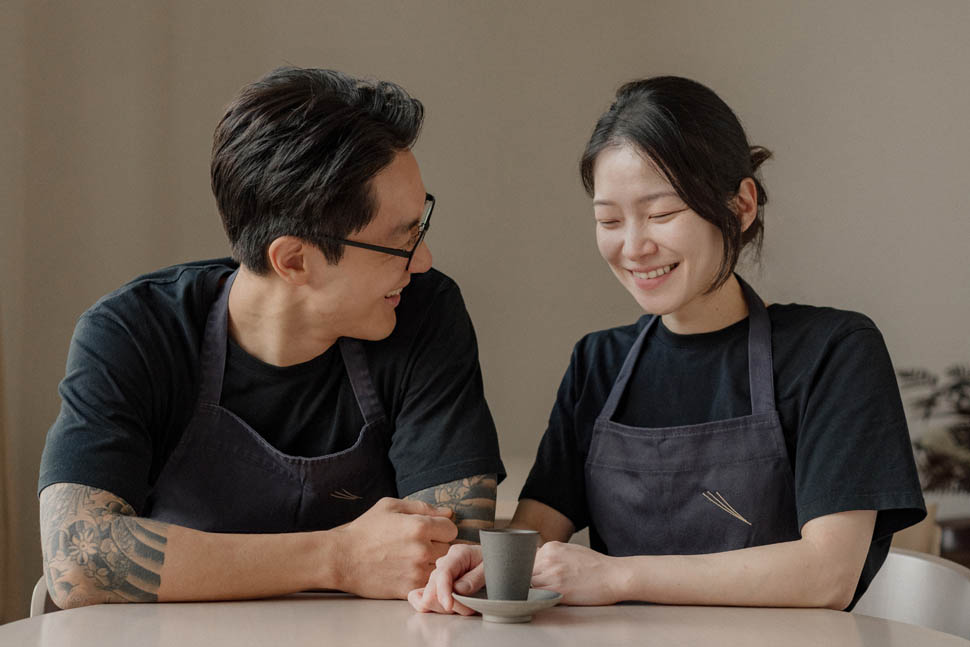
The city has established itself as a home for international fine dining like no other. While Paris, the home of haute cuisine, will always have a restaurant scene rooted in the foundations of French cuisine and technique, London, perhaps because of the neglect of its own native English cuisine until recent years has a more open and progressive attitude, new food movements are free to erupt unfettered in this environment. You just have to look at the likes of Jeremy Chan’s Ikoyi, a restaurant that, while influenced by the cuisine of West Africa, is fully free to realize the chef’s vision without barriers.
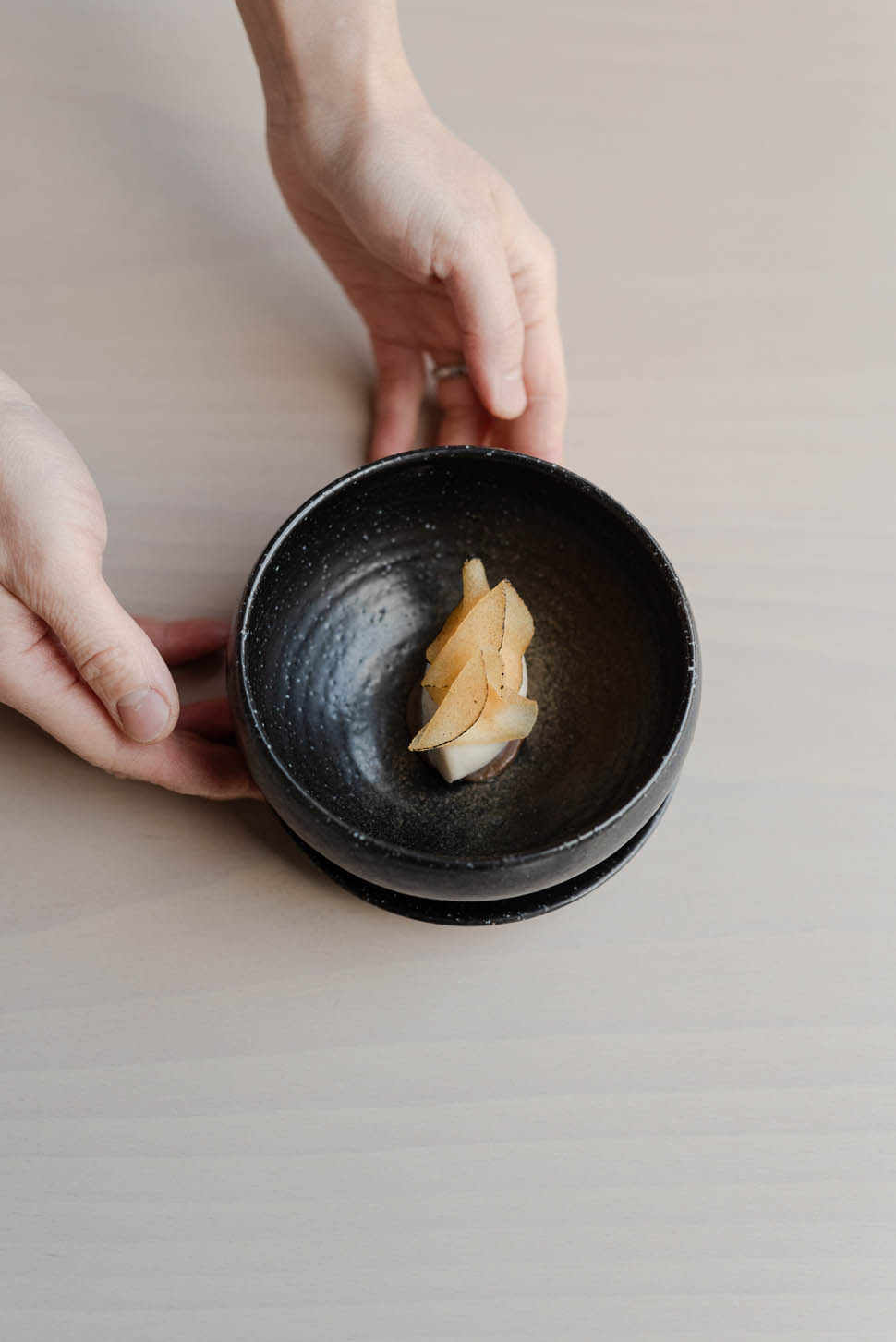
We call it ‘third culture dining’, and it’s a wave that is very much present in London’s fine dining at the moment. It’s a space where chefs are free to combine their own culinary heritage and knowledge with the best of local ingredients to create a new third culinary culture, which is unique of its time and place. Sollip in London is just one such restaurant on the vanguard of this movement. The Michelin Star restaurant serves a Korean-inspired cuisine, utilising the best of local ingredients, it is neither bound by the dogma of traditional cuisine, nor limited by certain expectations to conform to the strictures of the purists. It is a free and artistic expression.
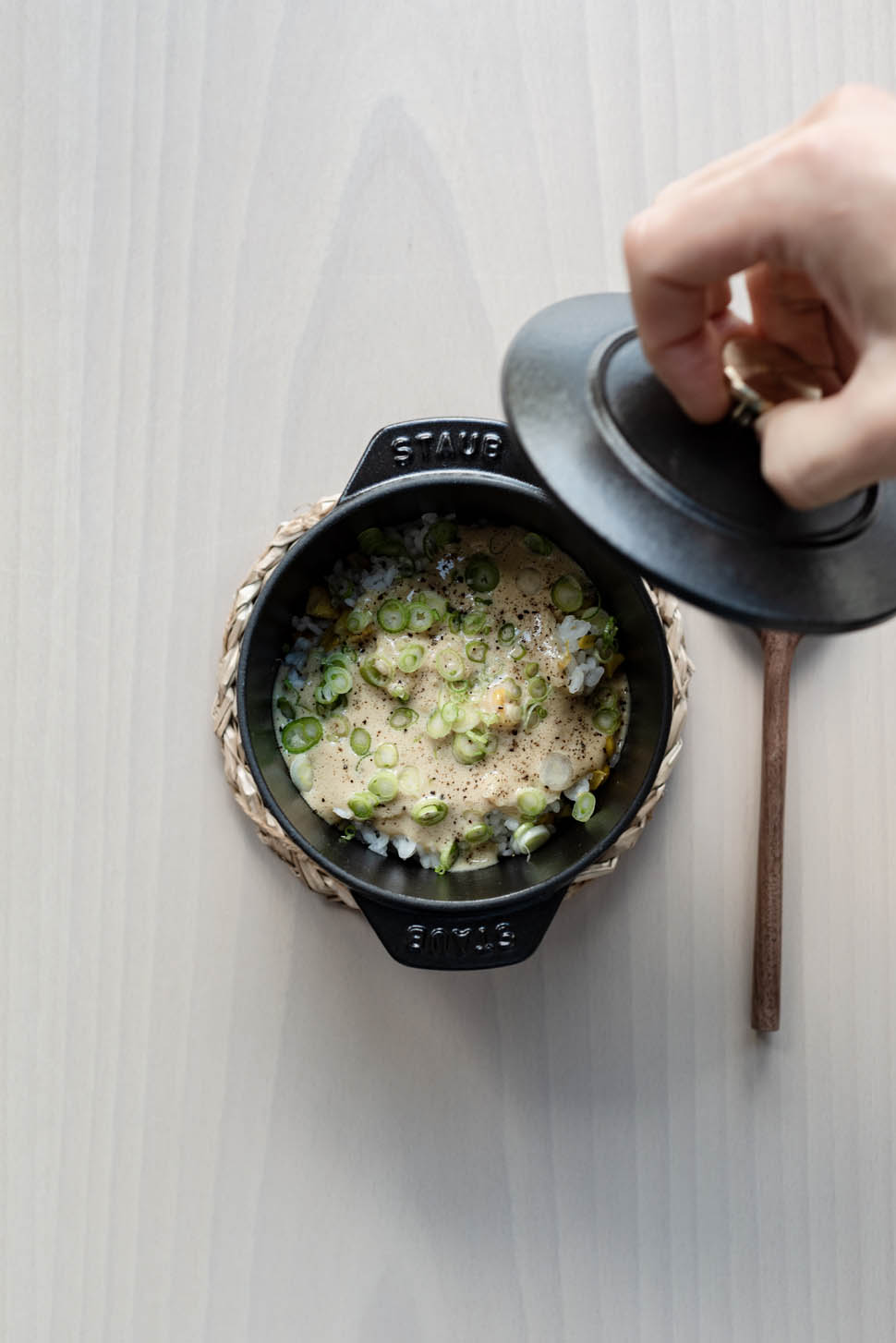
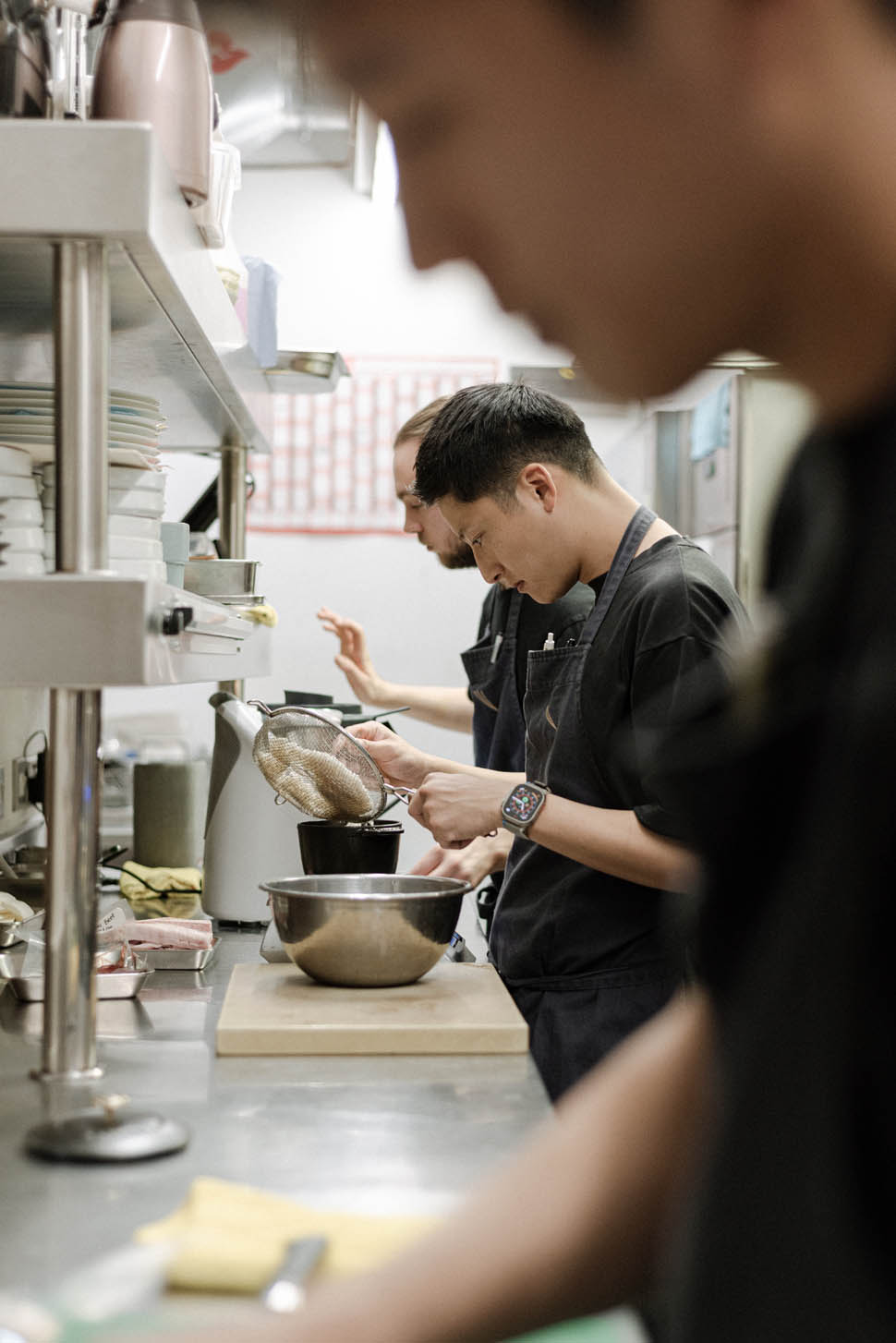
The chefs
Drawing on the two owners and chefs’ Woongchul Park and Bomee Ki’s French training and the culinary memories of their Korean upbring, Sollip is one of the most exciting restaurants to found in London at the moment. With a constantly changing menu, Sollip stands out even in London for it’s offering, whether lunch, vegetarian or tasting menu. The skill of Park and Ki are evident throughout, as seen in dishes like the "Baby artichoke with lobster, strawberry and almond" or the "Daikon tarte tatin with toasted barley, roasted potato & burnt hay". Delicate and assured fish treatment is present in the "Sea Bream with maesaengi, asparagus and Jersey Royal potatoes", while the tradition of the scorched rice dish "Nurungji" is represented with burnt onion and morel.
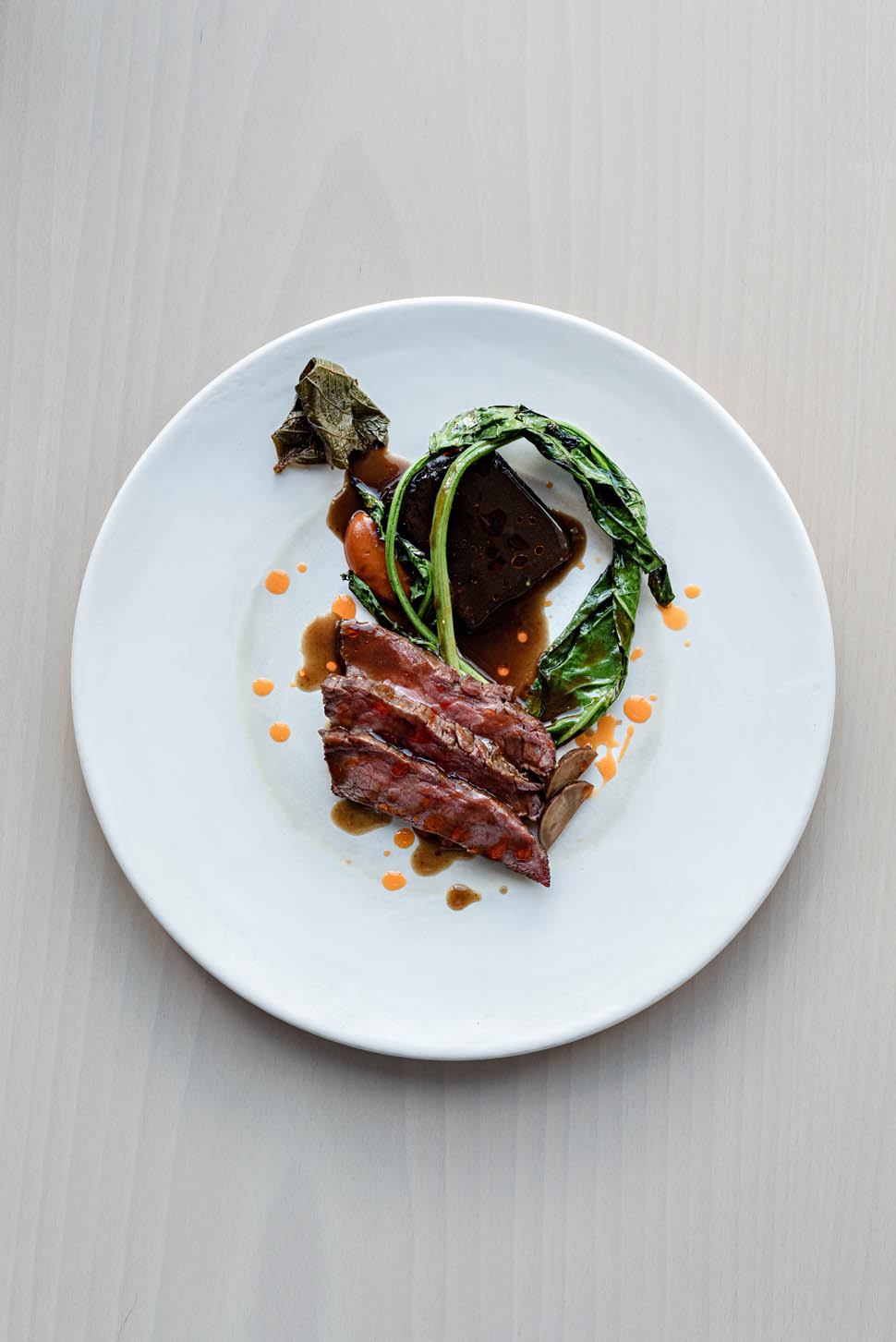
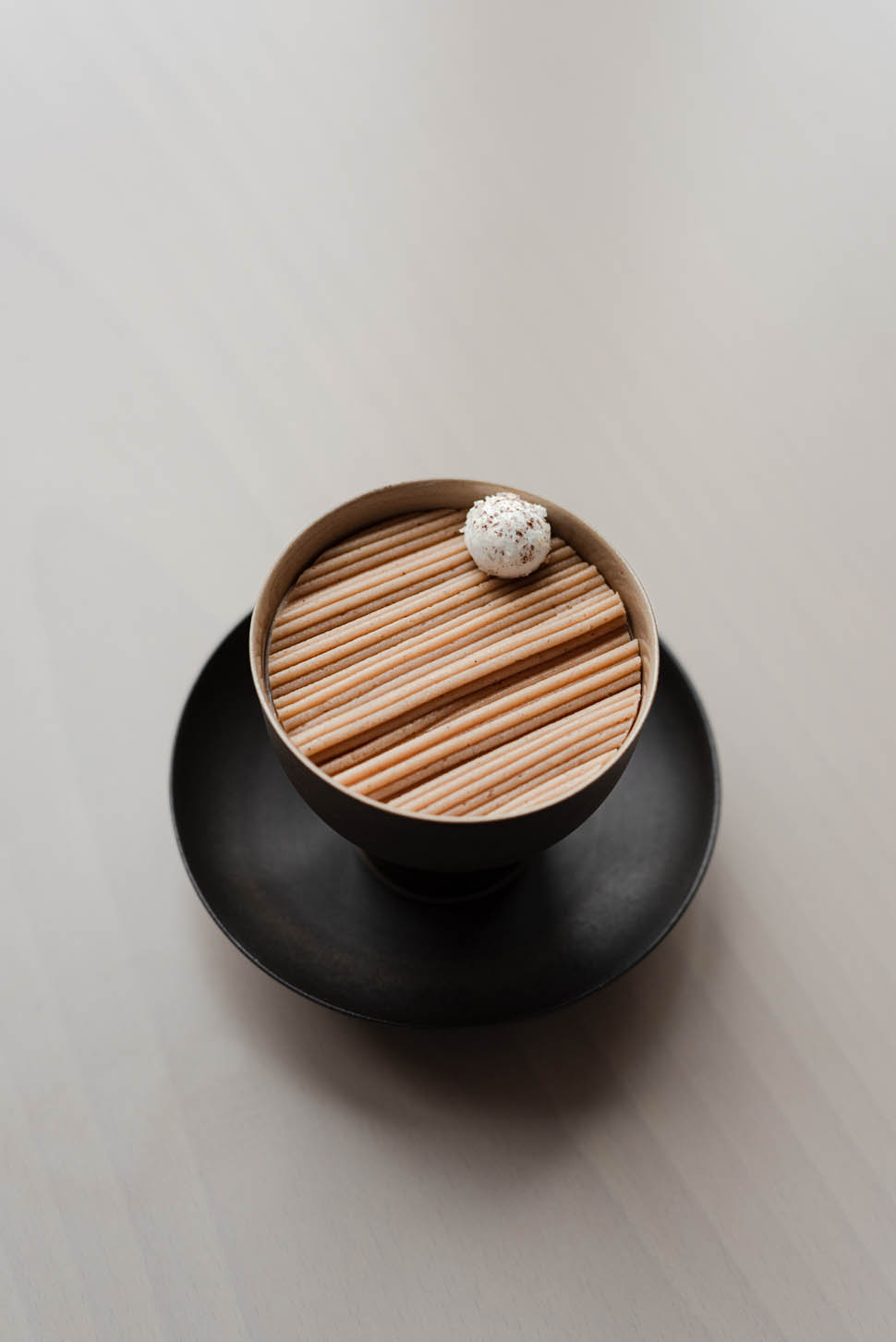
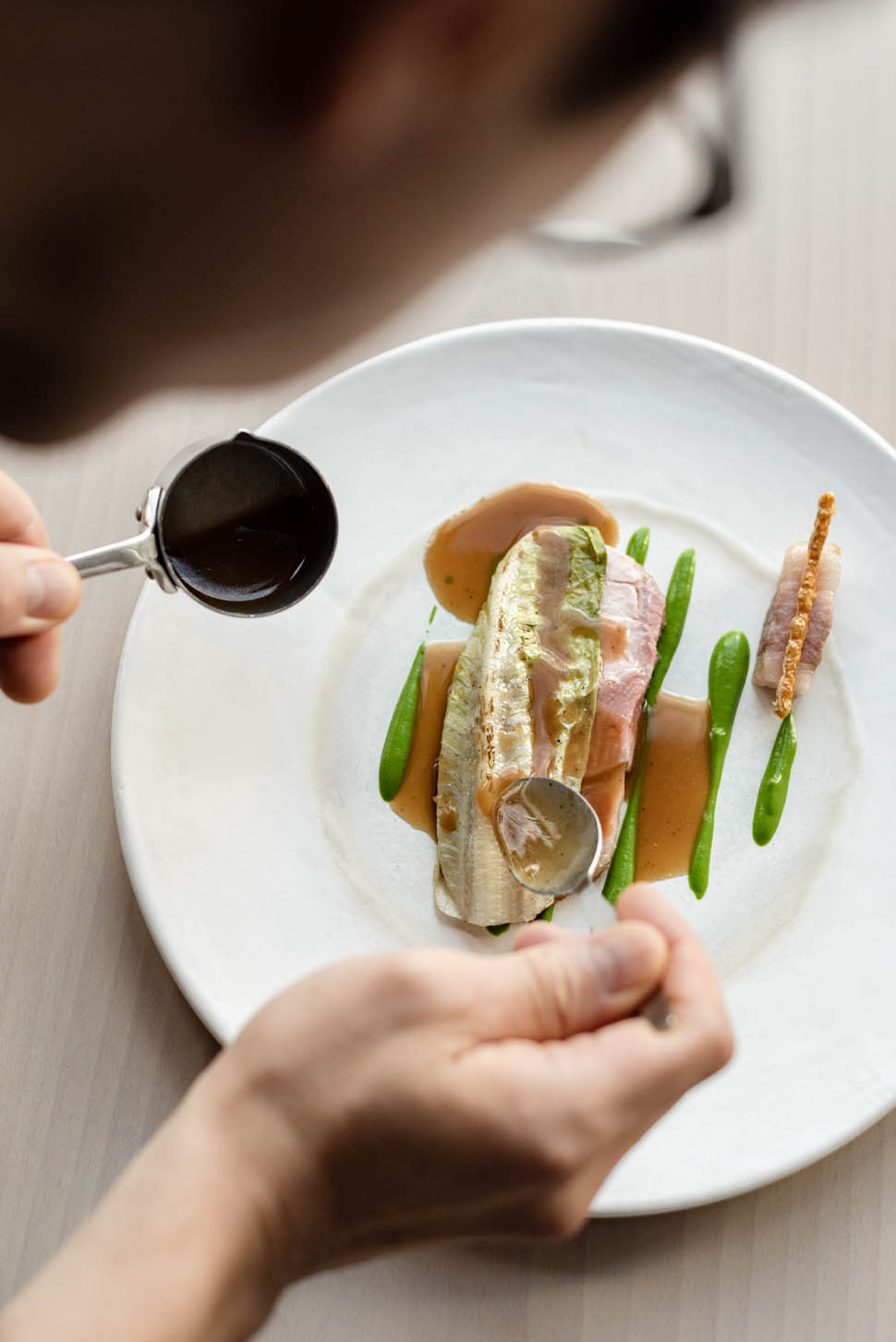
Bomee K is Head Pastry chef of Sollip, she discovered a passion for pastry while training at Le Cordon Bleu. She planned all along to make a career for herself as a pastry chef in a leading restaurant, so set about gaining experience in as broad a range of restaurants as possible, from hotels, bakeries, restaurants, to consulting firms, it was a winding path that led her to where she is now. “I believe that food with a unique character is ultimately created by one's experiences, not just as a chef but from one's entire life.", says Bomee K
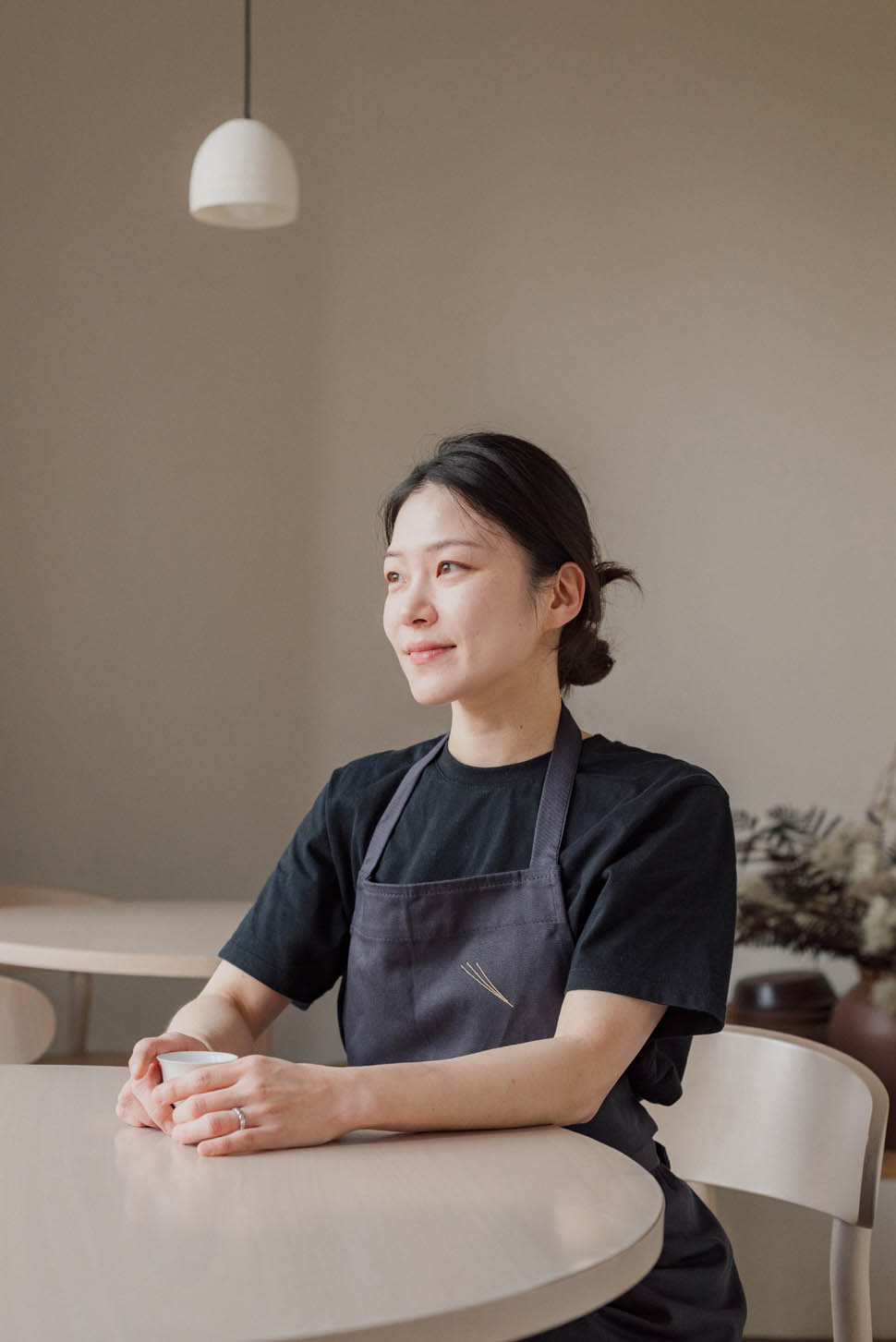
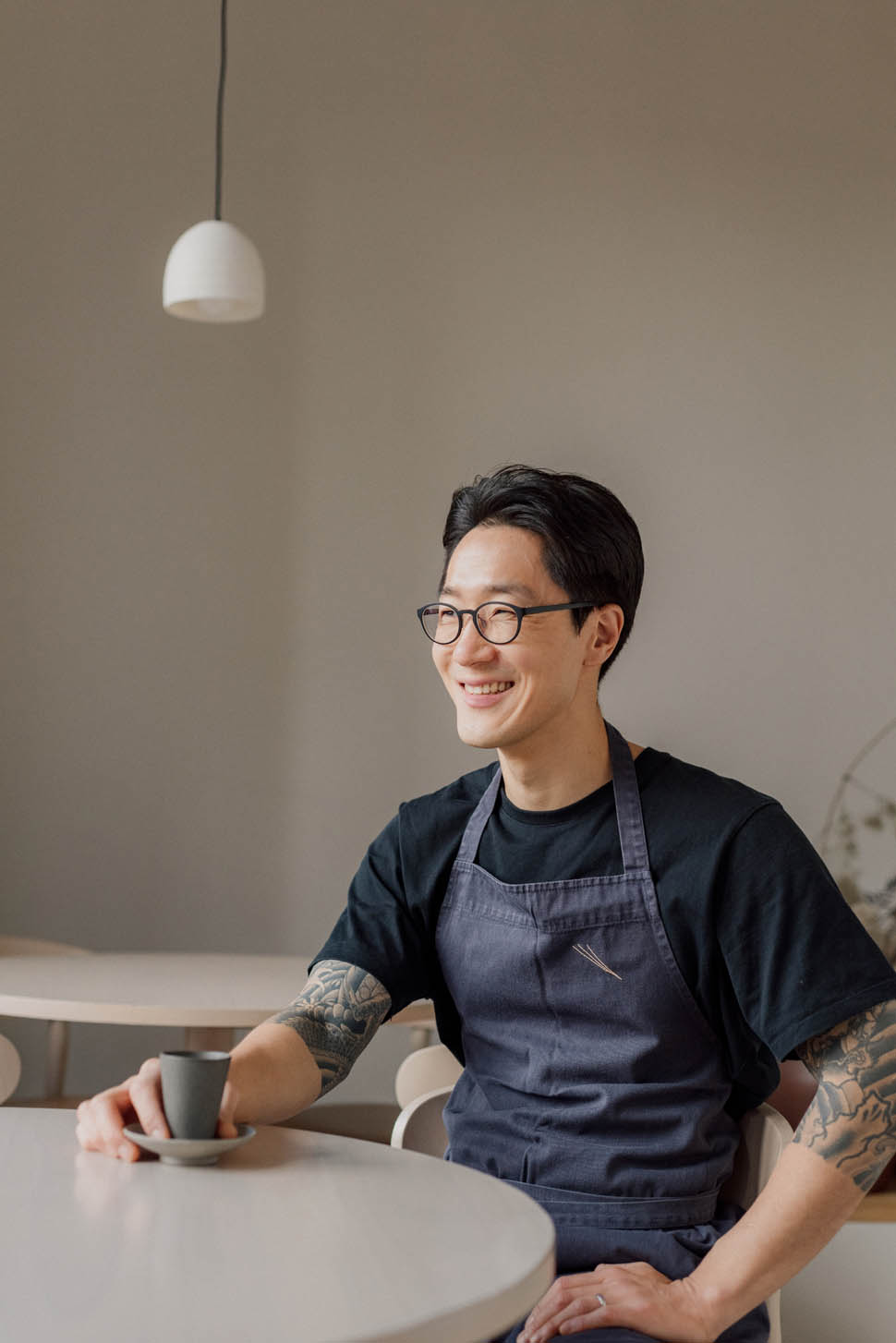
“Considering this, both of us have studied French-based cuisine and desserts and have gained experience in related establishments. As we built our careers between London and Korea, we've been influenced by British and European elements while having a French base. Naturally, being Korean and having grown up with Korean food, those influences are also inherently present.” This is how the food at Sollip was born. Rather than setting a specific concept, their food naturally embodies their experiences and identities as people and chefs.
The philosophy
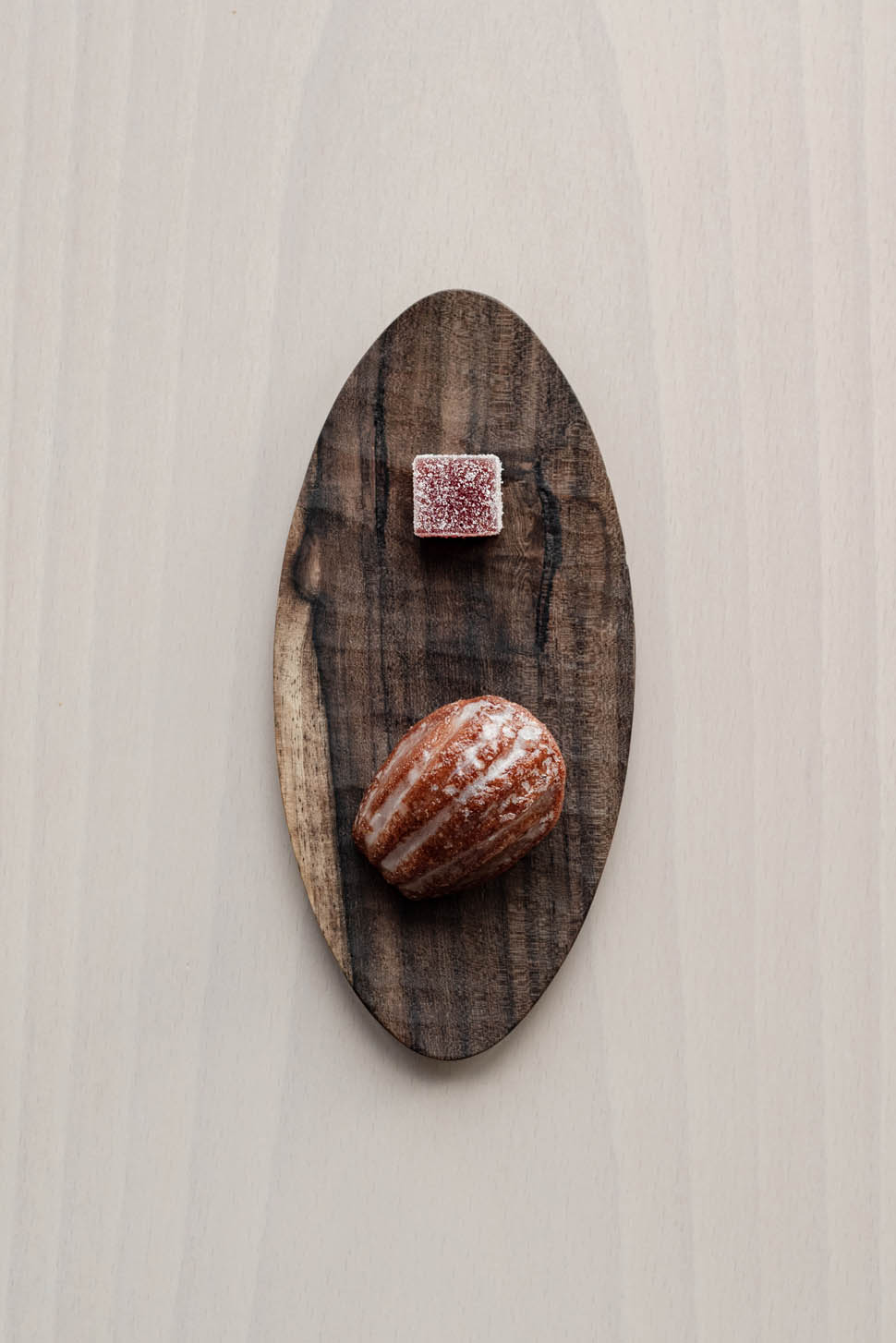
Bomee Ki tends to shun the term ‘third culture, for her labels are restrictive. “I would prefer to call it 'a part of the stream of times' rather than the 'third culture'", she says. “Not only chefs, but many people no longer spend their entire lives in their home countries. Experiencing various cultures of the world for reasons such as learning, traveling, studying, or working is not merely a personal desire but a trend driven by the development of culture and industry. Accordingly, chefs are also changing in line with this trend. They incorporate inspirations from travel, experiences in other countries, and even books or the internet into their cooking, not just the cuisine of their own country or their work. To me, this is not so much a 'Third Culture' but rather 'a change according to the trend of the times and a reflection of the present."
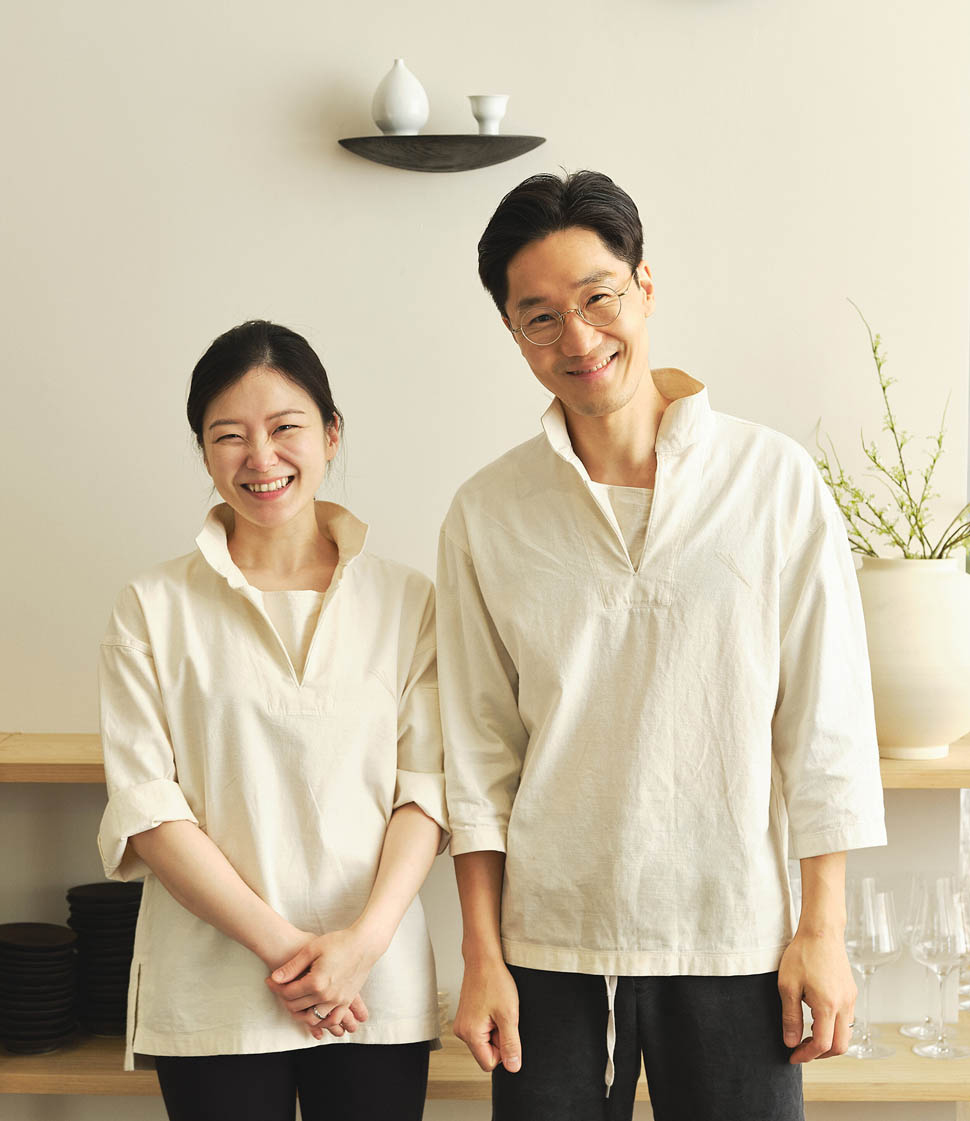
London is especially one of the leading cities driving this change. Korean cuisine has taken its place in the pantheon of important cuisines over the last decade, it is especially present at the top tier of fine dining, where the intricate and sophisticated use of flavors and techniques allow for optimum creativity. For Bomee Ki, though, Korean cuisine is rooted in the warm feelings of making people feel welcome.
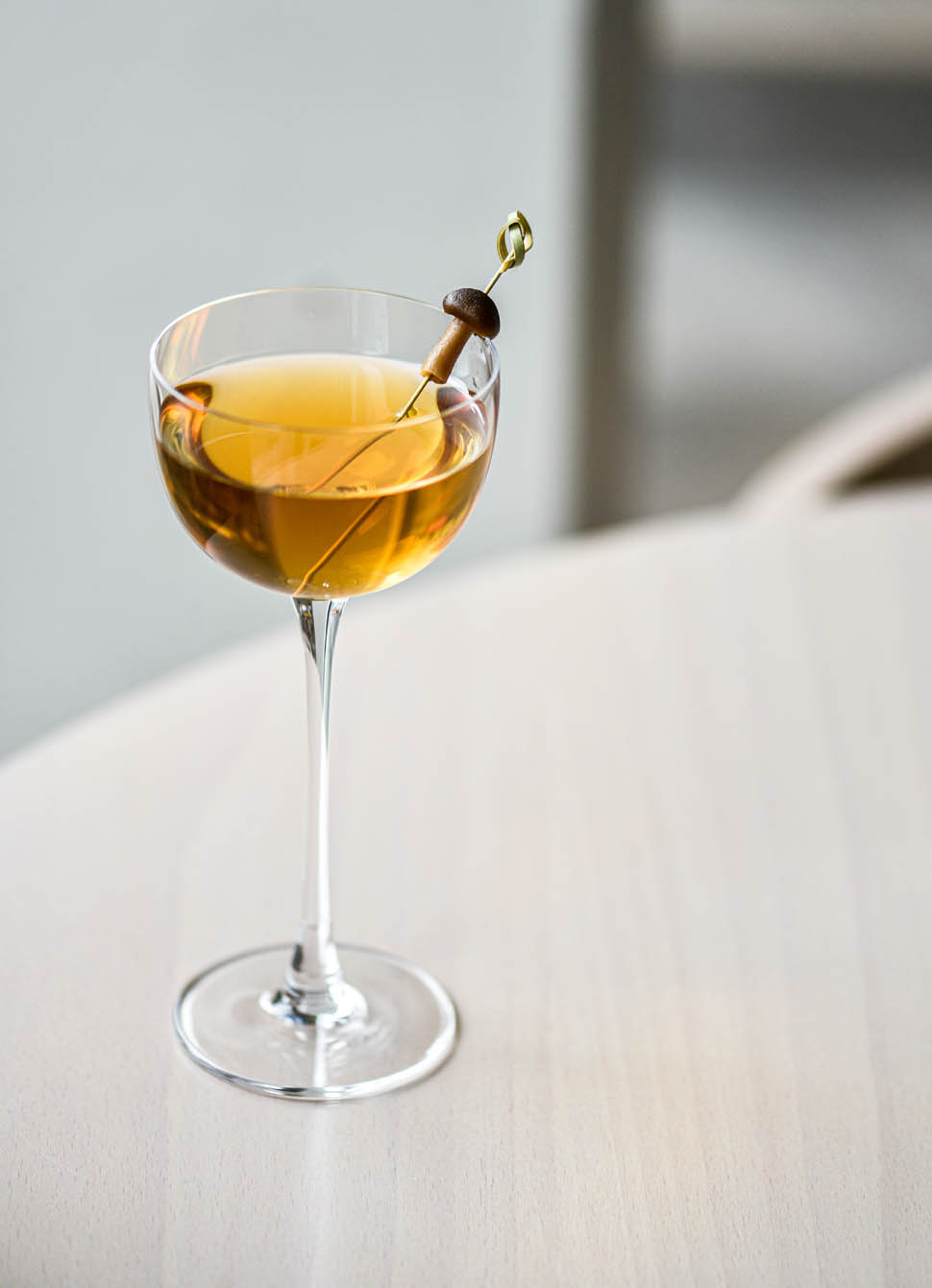
“In a word, I would describe it as ‘jeong'", she says. "'Jeong’ is a deep and warm feeling between people in Korea, encompassing affection and care for one another. It is one of the most important sentiments for Koreans, representing social bonds and a sense of community. It goes beyond just warm feelings; it is about the strong connections between people and the actions of helping each other in difficult times.“This ‘jeong’ is also prominently reflected in our food culture,” she continues. “We feel warmth when we cook and share meals with the people we love, and this is what we want to share with our team and our guests at Sollip.” Different as they may seem, London and Seoul share much in terms of creativity and dynamism.
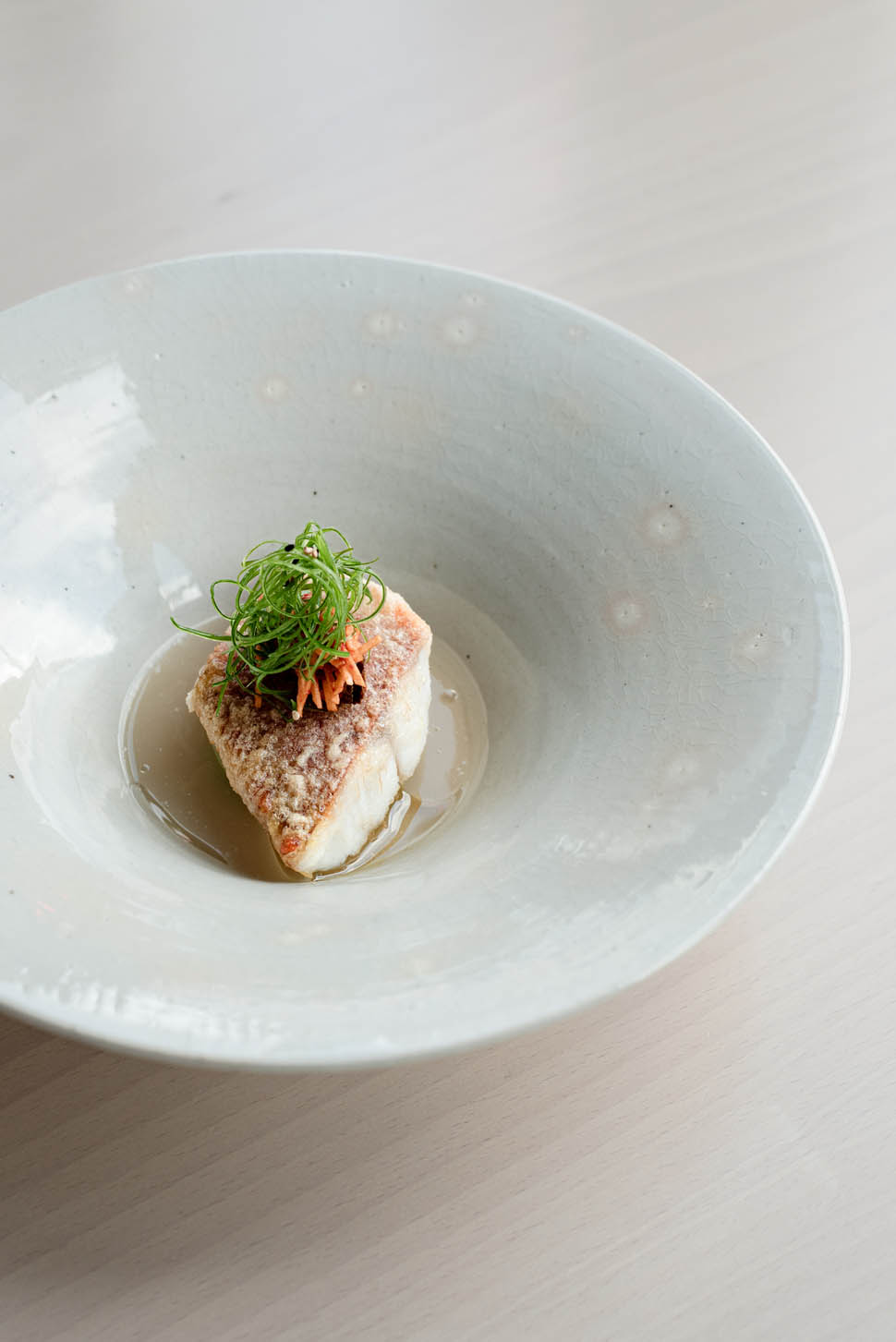
“London and Seoul are vibrant cities where tradition and modernity blend seamlessly, creating rich culinary cultures,” says Bomee. “Both cities boast thriving fashion, arts, and technology scenes, and there's a strong interest in innovative food events and experiments. They respect tradition while reinterpreting it in contemporary ways, constantly inspiring each other.”
Contacts
Sollip London
Unit 1, 8 Melior St, London SE1 3QP, Regno Unito
